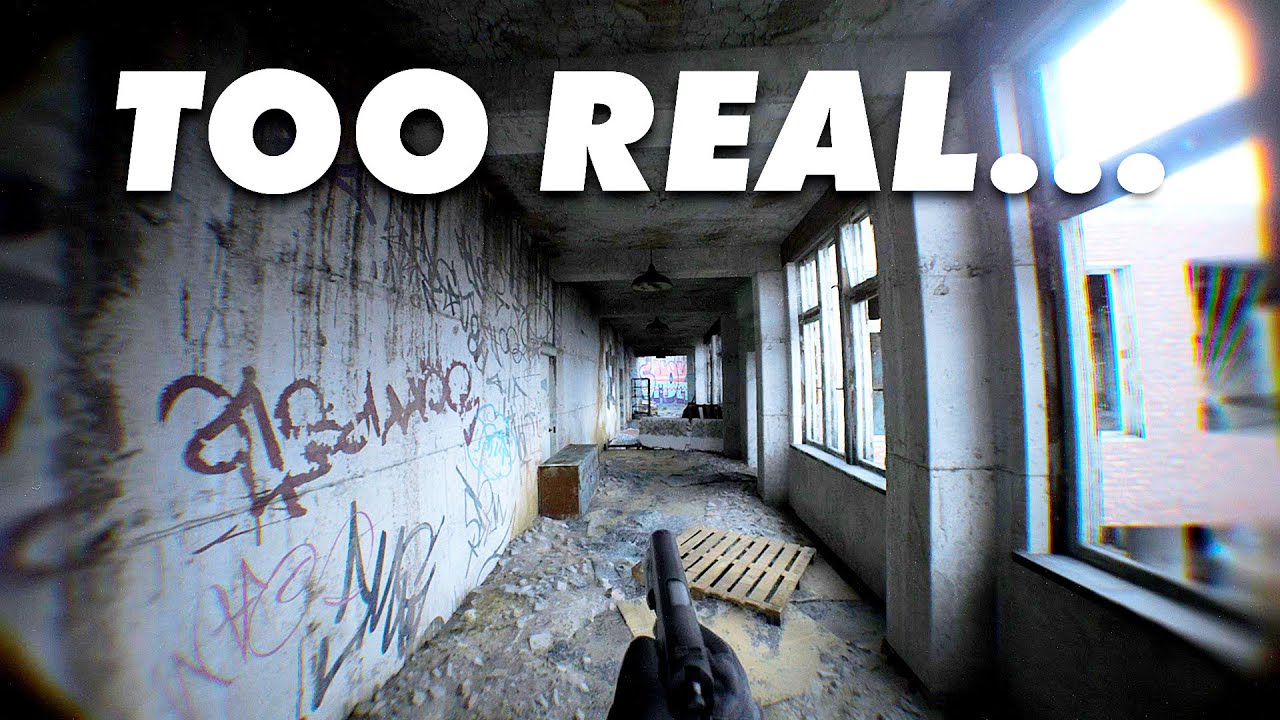In the realm of FPS gaming, realism and immersion have always been highly sought after qualities. The allure of stepping into a virtual world that mimics reality is powerful, captivating gamers and developers alike. One game that aims to push the boundaries of visual fidelity and realism is Bodycam, a project that showcases the capabilities of Unreal Engine 5 through its ultra-realistic graphics and immersive gameplay experience.
Developed by a pair of young talents, aged 17 and 20, Bodycam stands out as a testament to the potential of indie game development. Despite not being industry veterans, the developers have leveraged the latest technology and resources available to create a visually stunning game that rivals even AAA titles. The game’s visuals, encompassing weapon models, camera animations, lighting, and sound design, offer a level of realism rarely seen in the gaming world.
However, beneath its impressive facade, Bodycam grapples with various gameplay issues that detract from its immersive appeal. The decoupling of aiming and camera movement, coupled with erratic weapon animations, presents challenges for players, making precise targeting a cumbersome task. Moreover, the game’s map design, heavily reliant on existing assets, fails to deliver a balanced and competitive gameplay environment, with spawning issues and visibility concerns impacting the overall experience.
While Bodycam attempts to deliver a groundbreaking FPS experience, it falls short in certain gameplay aspects, raising questions about the balance between realism and playability. The game’s reliance on Unreal Engine 5’s dynamic lighting system, Lumen, leads to inconsistent rendering and technical challenges that hinder the gameplay flow. Additionally, controversial decisions regarding map design, inspired by popular FPS titles, raise concerns about originality and gameplay innovation.
Despite its flaws, Bodycam remains an ambitious project that showcases the evolving landscape of game development. With ongoing updates and a dedicated development team, the game strives to address its shortcomings and evolve into a more refined and competitive experience. As players navigate the immersive world of Bodycam, they are faced with a fundamental question: does ultra-realism equate to an engaging gameplay experience, or is there a need to strike a balance between visual fidelity and playability in the FPS genre? Only time will tell how Bodycam shapes the future of gaming and whether its unique approach will resonate with players seeking a blend of realism and compelling gameplay dynamics.












